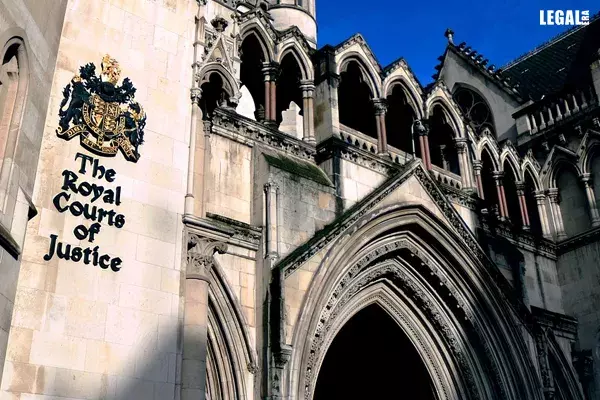London Court of Appeal Gives Green Signal to 2.7-billion-pound Foreign Exchange Claim Against Six Major Banks
In a unanimous ruling handed down by Lord Justice Green, the Court of Appeal allowed proceedings brought by Philip Evans;

London Court of Appeal Gives Green Signal to 2.7-billion-pound Foreign Exchange Claim Against Six Major Banks
In a unanimous ruling handed down by Lord Justice Green, the Court of Appeal allowed proceedings brought by Philip Evans, represented by Hausfeld, to go ahead on an ‘opt-out’ basis, overturning an earlier ruling by the Competition Appeal Tribunal (CAT) to limit the claims to an ‘opt-in’ basis.
The claim, brought by FX Claim UK, represented tens of thousands of participants in the foreign exchange market who suffered damages from the anticompetitive behavior of six of the largest banks in the world.
The claims were directed against Barclays, Citibank, The Royal Bank of Scotland/Natwest, JP Morgan, UBS and MUFG Bank.
Between 2007 and 2013, the banks had participated in unlawful foreign exchange trading cartels. They later admitted their misconduct to the European Commission, which fined them more than 1.1 billion euro.
FX Claim UK, the collective action brought by former competition investigator Philip Evans, was seeking damages worth around 2.7-billion-pound for the businesses that suffered as a result of the banks’ illegal behavior.
The CAT had previously refused to certify the claims on an opt-out basis, with Mr. Justice Marcus Smith and expressed their concerns over the strength of the claims in a split decision. The ruling allowed Evans claim to proceed as lead claimants.
On the main issues – the CAT’s decision on the assessment of the merits, whether to opt-in or opt-out, and selecting an appropriate class representative – the Court of Appeal found for the claimants.
Justice Green held that CAT had committed an error in law to have ruled for an opt-in proceeding, a decision which would have effectively ended the litigation.
Green said, “While this was a difficult and finely balanced judgment call, the CAT erred in adopting an overly strict approach to the evidence needed to establish a viable case on causation.”
In the absence of evidence from the banks and following a subsequent European Commission infringement decision which post-dated the CAT’s judgment and provided more information about the banks’ misconduct, the case should proceed.
He added: “The CAT was wrong to treat a necessarily provisional view as definitive and accord it more or less decisive weight in the scales against opt-out, knowing and intending that this would bring the claim to an end.”
To determine the lead claimants, the CAT had found that, “there was virtually nothing between the two candidates but… the Evans team won, just.”
The Court of Appeal backed this judgment, given that the CAT is the expert in how proceedings play out at the nuts-and-bolts level.
Reacting to the decision, Evans commented: “The ruling acknowledges the practical difficulties of opt-in legal proceedings and confirms the access to justice principle which underpins the collective action regime. The opt-out approach is crucial to ensure that claims may be pursued on behalf of all affected individuals and businesses.”
Evans’s lawyer, Anthony Maton from law firm Hausfeld, said in a statement: “A judgement of this nature was required for all those UK businesses – big and small – who have suffered loss as a result of the manipulation of the FX markets to achieve restitution.
“The path to restitution can now begin and I ask the banks involved to come forward and agree fair and adequate compensation for those affected by their illegal behaviour,” he said.

